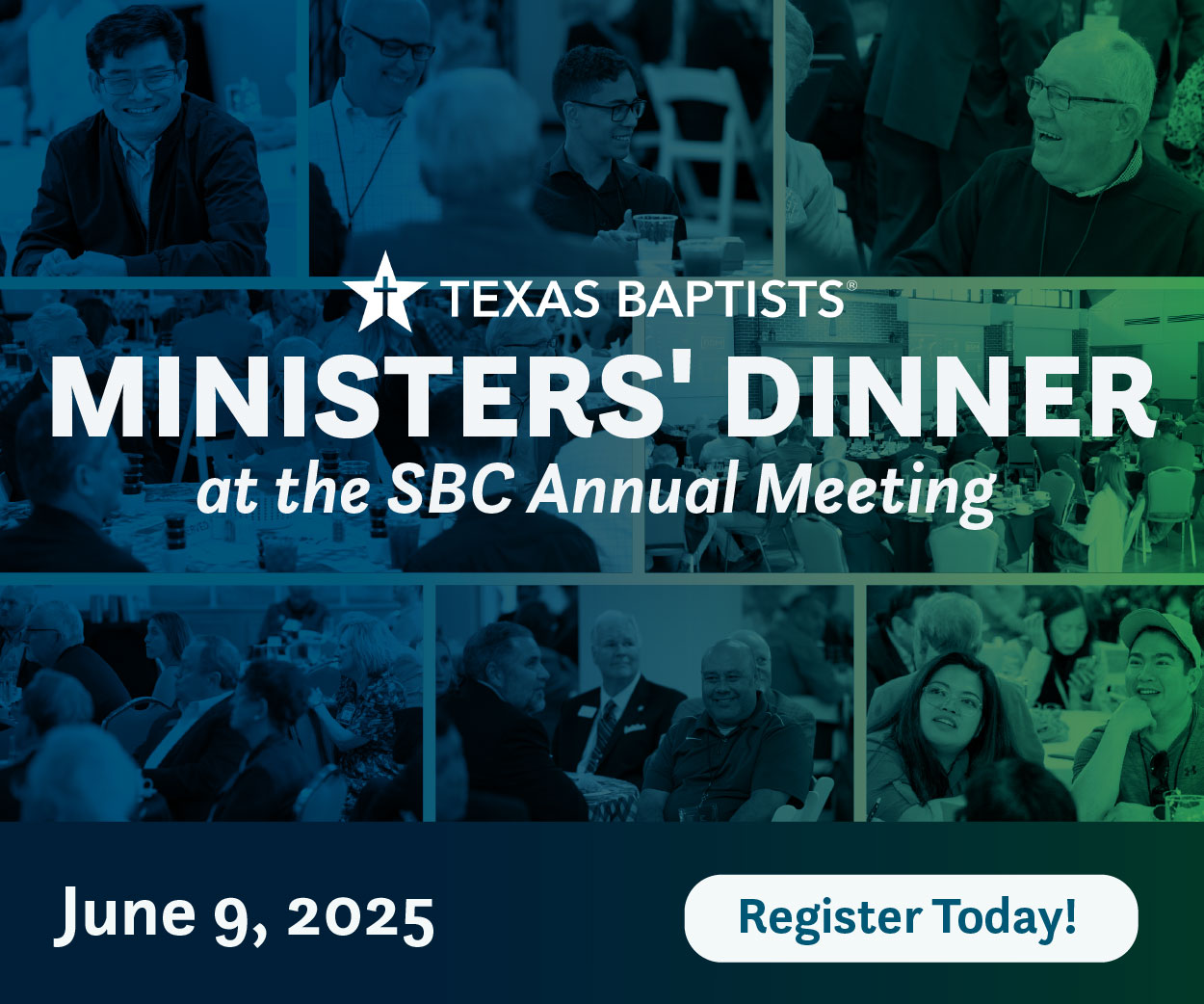Baylor University is among more than two dozen faith-based schools named in a class-action LGBTQ discrimination lawsuit filed against the U.S. Department of Education.
The suit filed March 29 by the Religious Exemption Accountability Project claims religious exemptions from nondiscrimination requirements of Title IX are unconstitutional when schools receive federal funds such as grants or student loans.
Title IX states: “No person in the United States shall, on the basis of sex, be excluded from participation in, be denied the benefits of, or be subjected to discrimination under any education program or activity receiving federal financial assistance.”
Faith-based schools are allowed to request a religious exemption from parts of Title IX to the extent that its application “would be inconsistent with the religious tenets of the organization.”
“The Department [of Education] has never denied a religious exemption when a religious educational institution asserts a religious objection, no matter how vague or broad that objection might be, and regardless of the severity of harm inflicted on the student whose complaint, or mere existence, gave rise to the exemption request,” the suit states.
The class-action lawsuit, brought by 33 plaintiffs, asserts the U.S. Department of Education is complicit in “the abuses and unsafe conditions thousands of LGBTQ+ students endure at hundreds of taxpayer-funded religious colleges and universities.”
“The plaintiffs seek safety and justice for themselves and for the countless sexual and gender minority students whose oppression, fueled by government funding, and unrestrained government intervention, persists with injurious consequences to mind, body and soul,” the lawsuit asserts.
The class-action suit asserts the religious exemption to Title IX, as applied to LGBTQ students, violates the First, Fifth and Fourteenth Amendments to the U.S. Constitution.
Two Baylor students among plaintiffs

In response, Baylor issued a public statement: “Baylor University maintains certain rights to exercise its freedom of religion under the U.S. Constitution and other federal laws without interference by the government. This includes exemptions for religiously affiliated institutions that uphold traditional religious beliefs about marriage and sexuality. As part of our Christian mission, Baylor continues to strive to provide a loving and caring community for all students, including our LGBTQ students.”
Sign up for our weekly edition and get all our headlines in your inbox on Thursdays
Two Baylor students—Veronica Bonifacio Penales, a 19-year-old woman who identifies as “queer,” and Jake Picker, a bisexual man—are among the 33 plaintiffs whose experiences are cited in the lawsuit.
Penales asserted she was harassed online and on campus by other students because of her sexuality.
“The school’s common response to my reporting hate on campus is that I should go to counseling. As a result, I stopped reporting incidents,” she stated.
She cited as an example of harassment a Bible that was left at her dorm room door, in which passages that describe homosexual acts as sinful were highlighted. She said a note was attached that said, “I’m praying for you.”
Picker, a leader in Gamma Alpha Upsilon, an LBGTQ group that Baylor has not recognized as a chartered student organization, stated: “Baylor claims to love its LGBTQ+ students, yet they refuse to grant us access to any form of student support system. They treat our existence like there is something inherently wrong with us.”
He asserted LGBTQ students are likely to face discipline if they openly show affection for a same-sex partner on campus.
Both students cited Baylor’s statement on human sexuality, which says in part: “Baylor University welcomes all students into a safe and supportive environment in which to discuss and learn about a variety of issues, including those of human sexuality. The university affirms the biblical understanding of sexuality as a gift from God. Christian churches across the ages and around the world have affirmed purity in singleness and fidelity in marriage between a man and a woman as the biblical norm. Temptations to deviate from this norm include both heterosexual sex outside of marriage and homosexual behavior. It is thus expected that Baylor students will not participate in advocacy groups which promote understandings of sexuality that are contrary to biblical teaching.”
Council for Christian Colleges & Universities responds
In addition to Baylor, two other historically Baptist schools—Union University in Jackson, Tenn., and Oklahoma Baptist University in Shawnee, Okla.—are among the schools the class-action suit names in examples of alleged discrimination against LGBTQ students.
The Council for Christian Colleges & Universities, an international association of more than 180 Christian schools, issued a statement on March 31 saying it was reviewing the class-action lawsuit.
“We take these reports of student experience very seriously and are committed to learning, growing and deepening our understanding of how we can provide and strengthen support for all students on Christian college and university campuses,” the CCCU stated.
“CCCU institutions should be places where all students feel safe, supported and welcome. We know the college experience can be stressful, and even more so for LGBTQ students who are working to understand how their sexual orientation or gender identity intersects with their personal faith.”
Member schools “serve diverse student bodies and work to care for all students,” the organization stated, adding there is “zero-tolerance for bullying, harassment and assault at CCCU institutions, and campus leaders understand their responsibility to ensure that all students believe and feel that they are created in the image of God and therefore possess full dignity, value, and worth.”
At the same time, the organization pointed to the First Amendment rights of its member schools.
“CCCU institutions subscribe to a number of biblical convictions, including a historic, biblical understanding of marriage as part of broader religious convictions around human sexuality and gender, and the right of our institutions to teach and instill those convictions in the next generation of believers is protected by the First Amendment,” the organization stated.
“Faith-based higher education has always been an essential element of the diversity of the higher education system in the United States—many of the first colleges and universities in the United States were religious—and it is crucial that students continue to be given the opportunity to choose and access the college of their choice in a diverse educational landscape.”
















We seek to connect God’s story and God’s people around the world. To learn more about God’s story, click here.
Send comments and feedback to Eric Black, our editor. For comments to be published, please specify “letter to the editor.” Maximum length for publication is 300 words.